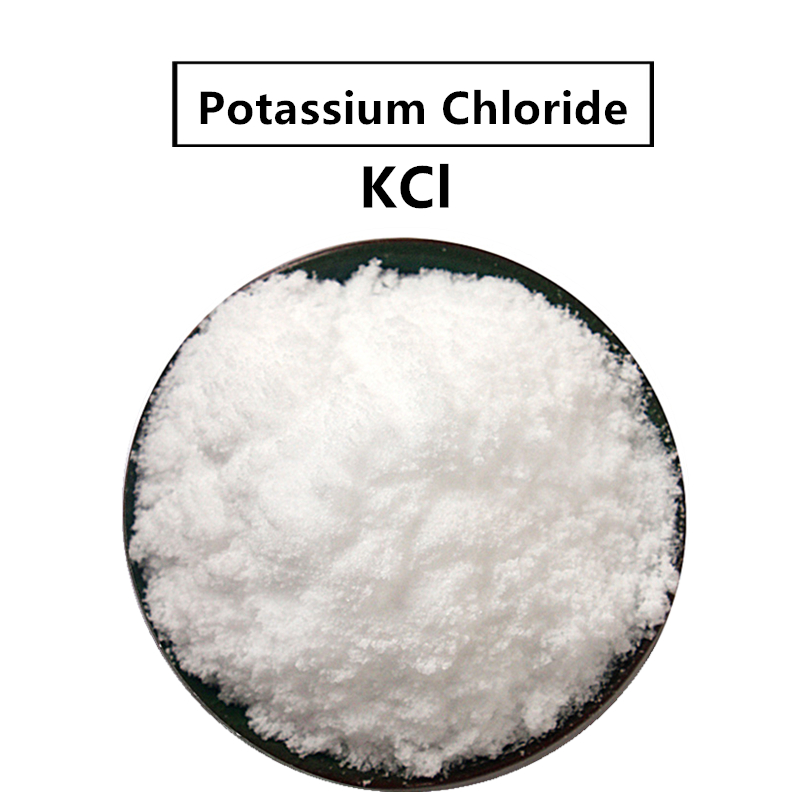
The bipartisan Policy Center formed a Rural Health Task Force in June 2012 with funding provided by the Leona M. and Harry B. Helmsley Charitable Trust. The team comprises physicians, business leaders and former elected officials. These recommendations will be useful for policymakers to make informed decisions on rural health. They are also committed using data to inform their work. This article will examine a few of these strategies and policies that are being implemented across the country.
Rural hospitals need to expand Medicaid in order determine the most successful programs and services. Although a modest Medicaid reimbursement can be better than none, it will still leave a hospital in debt. Aside from that, the Affordable Care Act did not help rural hospitals financially. While the Act offers commercial insurance through exchanges for health care, many people on low incomes opt to have high-deductible plans. Hospitals do not receive any compensation for their services. Rural hospitals cannot compete for patients with larger urban ones.

State Offices of Rural Health: This program allows states to receive financial assistance from SORH. These offices coordinate activities in rural health for their respective states. In addition, the SORH helps to identify federal and state programs for rural communities and provides technical assistance to nonprofit entities that serve the rural population. Further, the program promotes the use of data to identify the most effective methods of providing health care. What can rural health systems do in order to improve their performance?
In rural areas, there is an acute shortage of physicians. Rural areas have a higher number of primary care doctors than urban areas. Additionally, the number of rural doctors is lower. This problem is especially acute in low-income rural communities that are often uninsured and underinsured. The commission hopes the creation of a fleet to provide mobile healthcare in rural areas. The program, if successful, will help improve access to care in rural areas.
Rural areas face different challenges to urban ones. A rural provider's patient population tends to be lower-income and has less access to resources. This can adversely affect the quality of care. A physician's ability to provide adequate care in a rural area is a vitally important factor in reducing the risk of adverse outcomes. A physician's ability to provide quality care in rural areas is an important factor in creating a healthy community.

In rural areas, there are differences in health care delivery. Patients must travel farther to receive treatment because there are fewer providers available and less resources. Many rural patients don't seek out medical care in cities, and are unwilling to leave their jobs to go to a clinic. This can lead to delays in diagnosis and worsening of the patient's condition. Rural farmers who are self-employed may live several hours from the nearest health care facility. Moreover, they must factor in the challenges of caring for crops and livestock.
FAQ
Can I go to the gym seven days a week?
Yes, you can go to a gym seven days per week. But not all at once. This means you need to choose a time when you feel rested and not too tired.
This will keep you motivated and provide energy for other activities.
You should also ensure that your meals are well-balanced. This will make it so you don't feel tired or sluggish while going to the gym.
You must ensure that you don't have any other competing demands on your time. You might want to avoid working out on school nights if you have kids. They can distract you from your exercise routine.
What diet supplement is best to lose weight?
You need to exercise and diet in order lose weight. Some people find certain supplements helpful.
Many studies show that omega-3s may help you lose weight. Omega-3 fatty acids are essential fats that are vital for brain function, cell membrane integrity, and other functions. They're found in seafood like salmon, tuna, shrimp, and cod liver oil.
Another study suggests that green-tea might help with weight loss. Green tea is rich in catechins, antioxidants which may boost metabolism and aid weight loss.
Which workout is best for men?
It all depends on your goals. Cardio workouts are great for losing weight because they burn calories more quickly than strength training exercises.
However, strength training can be beneficial if you only want to build muscle mass. It increases lean mass.
Both types of exercise are proven to be beneficial if you're looking to improve your overall health.
I recommend HIIT (or sprint interval training) if you want to be fit quickly. This type is great for burning fat fast by increasing metabolism. It also boosts your endurance to continue training even when you feel tired.
Statistics
- Cardmembers earn 5% Back at Amazon.com with a Prime Credit Card. (amazon.com)
- 10 pounds in a month is likely during a lean bulking phase, especially for beginners. (muscleandstrength.com)
- Candidates and applicants must pass all four tests at 70% (minimum level) to graduate from Basic Deputy U.S. Marshal (BDUSM) Training. (usmarshals.gov)
- Are You One of the 20% of Guys (mh.co.za)
- Get free shipping and 25% off today. (healthline.com)
External Links
How To
How can I burn fat while exercising?
Exercise burns calories by increasing metabolism and oxygen consumption.
If you exercise with moderate intensity, you can safely lose weight.
These are some tips to help you lose fat while working out:
-
Cardio exercises include swimming, running or cycling.
-
Exercise for 30 minutes three times per week.
-
You can add strength training into your exercise routine if you're looking to lose even more weight.
-
Avoid intense exercise. It is possible to build muscle without destroying muscle tissue.
-
Drink plenty of water during exercise. Water flushes out toxins, and keeps your body properly hydrated.
-
Choose low-fat protein shakes after working out. Protein shakes help repair muscles and boosts energy.
-
Smaller meals are better for you.
-
Don't skip breakfast! Skipping breakfast can cause you to feel tired and sluggish.
-
Take care of your mind. Stressful situations can slow metabolism.
-
Keep a positive attitude. Studies show that people who believe they are overweight gain more weight then those who think they are attractive.
-
Get enough sleep. Insufficient sleep can make it more difficult to lose weight.
-
Active living is key. Be sure to get up and move around every hour or two.
-
Maintain a healthy diet. You will feel fuller longer if you eat right.
-
Find relaxation techniques. Relaxing doesn't mean your body releases stress hormones which cause muscle tissue to be destroyed.
A balanced diet includes all essential nutrients needed for growth and development.
You should eat six small meals per day rather than three large ones. This gives your body the time it needs to process what you've eat.
For strong bones, we need 500 mgs of calcium daily. Calcium can be found in dairy products such as yogurt, fortified soybean beverages, orange juice, cereals, bread, and cereals.
Calcium is found in leafy vegetables, beans and tofu, as well nuts, seeds and cheese.
Vitamin D is essential for calcium absorption. Vitamin D is found in eggs yolk, fatty fish and fortified foods.
Vitamin E plays an important role in skin health. Vitamin E can also be found in vegetable oil, wheat germ oils, peanuts as well almonds, sunflower seeds and corn.
Your body needs zinc for normal immunity function and wound healing. Zinc can be found in seafood, legumes and meats.
Zinc deficiency could cause fatigue, nausea, vomiting, and depression.
Consuming too much sugar can cause insulin resistance. This causes an increase in blood glucose levels. Insulin resistance causes weight gain.
When there is a high level of free radicals, insulin resistance can develop. Free radicals are molecules containing unpaired electrons which cause damage to cells membranes.
Free radicals come mainly from food additives, pesticides, herbicides, preservatives, smoking, air pollution, radiation, chemicals in cosmetics, lotions, and household cleaning supplies.
Free radical damage can lead to cancer, heart disease, diabetes, arthritis, asthma, and aging.
Eating a well-balanced diet with antioxidants is the best way to prevent free radical damage. Antioxidants protect against oxidative damage.
Antioxidant vitamins include Vitamin C (found in citrus fruits), beta carotene (found in carrots, sweet potatoes, spinach, broccoli, cantaloupe, apricots, squash, mangoes, peaches, peppers, tomatoes, cabbage, cauliflower, kale, Brussels sprouts, collard greens, watermelon, and strawberries), and Vitamin E (found in nuts, olive oil, avocados, and eggs).
Other antioxidant nutrients include selenium, copper, manganese, and zinc.
Selenium protects cells from free radical damage. Selenium can also be found in Brazil nuts (tuna), liver, kidneys and shrimp.
Copper protects eyes, brain, lungs and red cells. Copper can be found in meat, shellfish, meat, and organ meats.
Manganese, an essential component of bone strength, is crucial. Manganese can also be found in oatmeal, brown rice, spinach and bananas.
Zinc is necessary for average growth, reproduction, and wound healing. Zn can also be found in white fish, lean cuts of meat, poultry, and eggs.